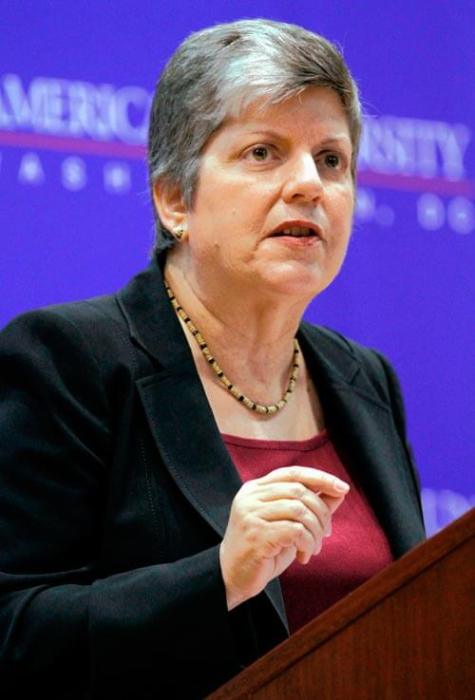One by one, governments in the 15-nation Caribbean Community are beginning to complain about full blown or creeping economic recession brought on in part by weak international and commodity prices and foreign exchange shortages especially those which are dependent on oil and primary commodities such as bauxite and unrefined gold.
The latest to officially fall by the financial wayside is Trinidad whose economy is taking a beating from more than a year of very weak international prices for oil and petroleum products, the longtime mainstay of its economy.
In the past week, Central Bank Governor Jwala Rambarran did what government and industry officials had hoped he would not have done without proper notice and preparation.
He simply dropped the recession bombshell on the nation, telling anyone who cared to listen that after nearly four consecutive quarters of economic decline that it was time for the nation to be aware of the real state of play.
An angry Finance Minister Colm Imbert publicly denounced the bank chief suggesting that he was “discourteous” by not informing him of his plans to announce that the twin-island republic with Tobago was officially in recession before he went public. He and the attorney general cited laws to back up claims that Rambarran is obliged to consult with the minister before taking such action.
But this did not change anything, especially the disquiet in the economy about what the near term future portends with oil trading last week at less than $40 per barrel and with the island still struggling to convince itself that it has to diversify away oil and gas in order for it to have a stable future.
The Trinidad economy is the biggest in the bloc of nations from Suriname and Guyana on the South American mainland to the tourist islands the Eastern Caribbean to Belize in Central America. Rambarran also caused some disquiet by warning that the full blown effects will be felt early in 2016.
“Four consecutive quarters of decline in real GDP in 2015 means T&T is now officially in a recession. Lower energy prices also negatively impacted the domestic energy sector. This has already been reflected in job losses at some energy companies. The decision by Arcelor Mittal to idle its steel plant will not only affect energy output but also jobs,” he said, giving an example of what the economy is experiencing.
The announcement came just a few weeks after the Surinamese Central Bank made similar predictions about the country whose economy is propped up by bauxite, gold and oil exports, all of which have been taking a beating in recent years.
The bank said recently that foreign exchange reserves have fallen from $1B to a mere $370M in the past year, noting that the future does not seem that promising. “Suriname is momentarily experiencing a genuine commodity shock,” it said.
The country also recently devalued the Surinamese dollar sending up prices but offering hope to the export sector which will rake in millions when receipts come in and are exchanged for a higher rate in local dollars.
In neighboring Guyana, officials are playing up the near future prospects of a humongous oil and gas find off the Guyana coast by U.S. giant, Exxon Mobil in May even as gold and bauxite prices tank and the international markets for rice and sugar remain less than stellar.
Until 2015, GDP growth has been healthy but political turmoil linked to an inactive parliament for nearly a year and a budget that was presented at least five months later usual have not helped to stir confidence.
Apart from Jamaica, the three are among the larger economies in the trading group.
Trinidad’s woes have also come with a healthy dose of foreign exchange unavailability problems. This is inspite of numerous interventions by the Central Bank, infusing millions into the economy only to see it disappear in a matter of days and the business community turning up cap in hand begging for millions more.
Minister Imbert says he will soon go to the 41-member parliament to ask it to raise government’s borrowing capacity by an additional but staggering $8B to pay off debts and fund development projects.
Still Governor Rambarran says that all the key players must come together to help turn around the situation or there will be gloom.
“We have no choice. We can and should work together to ensure we get the policies right for the country’s recovery. We will all be double damned if spite, vindictiveness and ego keep us from working together to help our country,” he suggested.
























